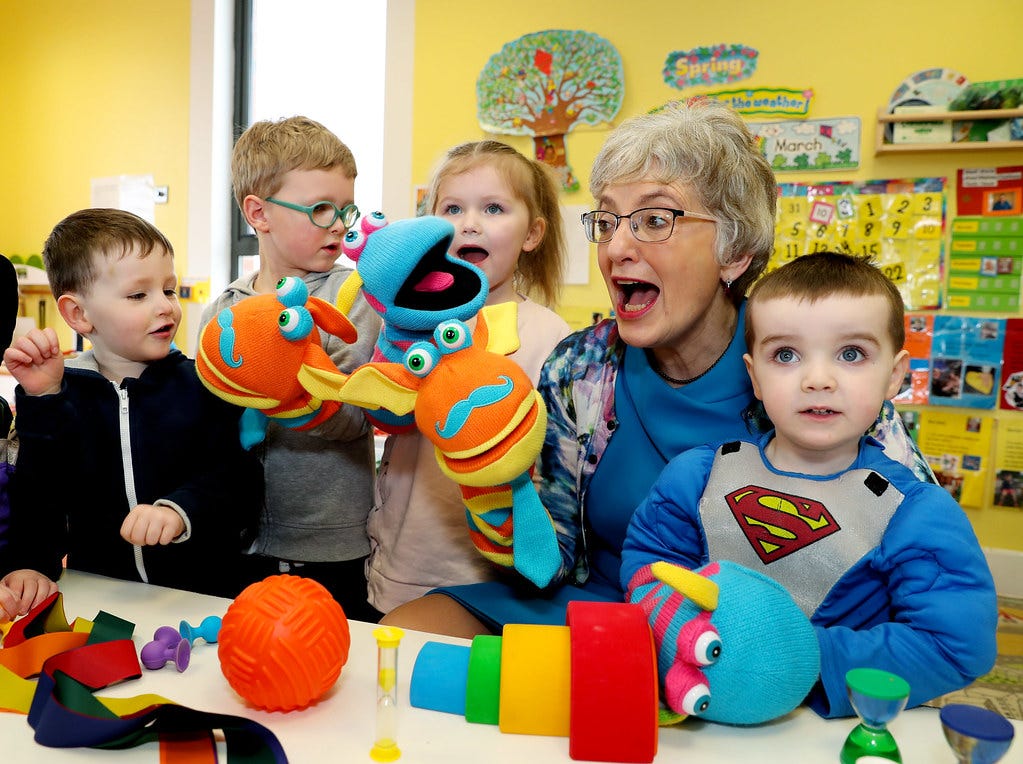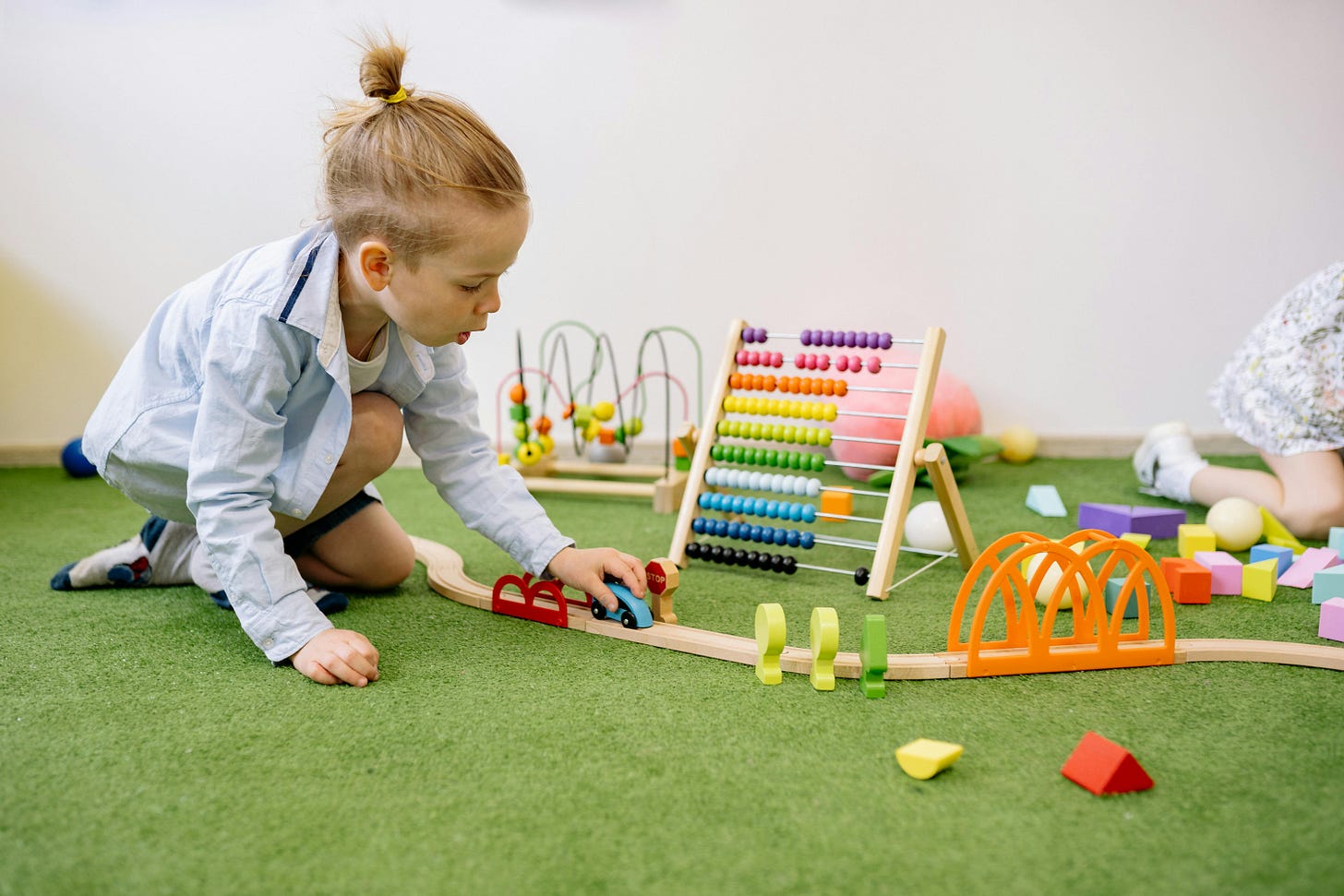The Power of Play
How play can help young people thrive
For children, play isn't just fun and games - it's essential for their mental health and emotional well-being. Through play, children explore the world around them, develop social skills, and learn to cope with difficult emotions. It is also a key part of their development, how they learn about the world, and about integrating what happens in the world within themselves.
In this post, I will explore the benefits of play for children with mental health challenges, and offers tips for parents and caregivers on how to be alongside their children during playtime.
What are the benefits of play?
In a safe and playful environment, young people can express themselves freely, explore their emotions, and develop healthy coping mechanisms through play.
Play can be helpful for children who are struggling with a variety of issues, including anxiety, depression, ADHD, trauma, grief, and social isolation. As a parent or caregiver, you can play a vital role in supporting your child's mental health through play. Here are some tips:
Set aside dedicated playtime: Make time each day for unstructured play where your child can take the lead.
Get down on their level: Literally and figuratively! Join your child in their world and follow their lead during playtime. This shows your child that you are interested in their world and want to connect with them.
Provide open-ended toys: Dolls, blocks, puppets, and art supplies allow for creative expression and imaginative play.
Focus on the process, not the product: There's no right or wrong way to play! The focus should be on having fun and connecting with your child, not on creating a perfect end product.
Be present and engaged: Put away your phone and other distractions. Give your child your full attention during playtime.
Observe, but don't direct: Watch how your child plays and interacts with toys. This can give you valuable insights into their emotional state and developmental needs.
Use playful language: Talk in a silly voice, sing songs, and tell stories together. This can help create a fun and carefree atmosphere.
Respect your child's boundaries: If your child doesn't want to play, don't force it. You can always try again later.
Remember, play is a powerful tool that can help children thrive. By incorporating play into your daily routine and following these tips, you can be a positive force in your child's mental health journey. Don’t just think the above are for younger children either. Teenagers enjoy play too, especially if they are raised thinking play is okay. If the above doesn’t apply to your teenager, have some thoughts about what this might look like for them.
Can you help me?
Absolutely! I am not just a play therapist in training, but I have lots of hands-on experience using play materials to help young people regulate themselves, as well as using creative materials practically to address practical problems.
Please get in touch:
Final thoughts
Play is absolutely essential on the developmental journey to help the young person you care for grow into an emotionally healthy teenager, and then adults. Play can be transformative. If any part of reading this made you feel unsure or nervous, examine your own beliefs around and relationship with play and creativity. Try and wonder whether or not you would bring this into the room with you with your child.
Did you like this post? Think you have a friend who might want to read it?
Make sure you don’t miss any of my other posts:




